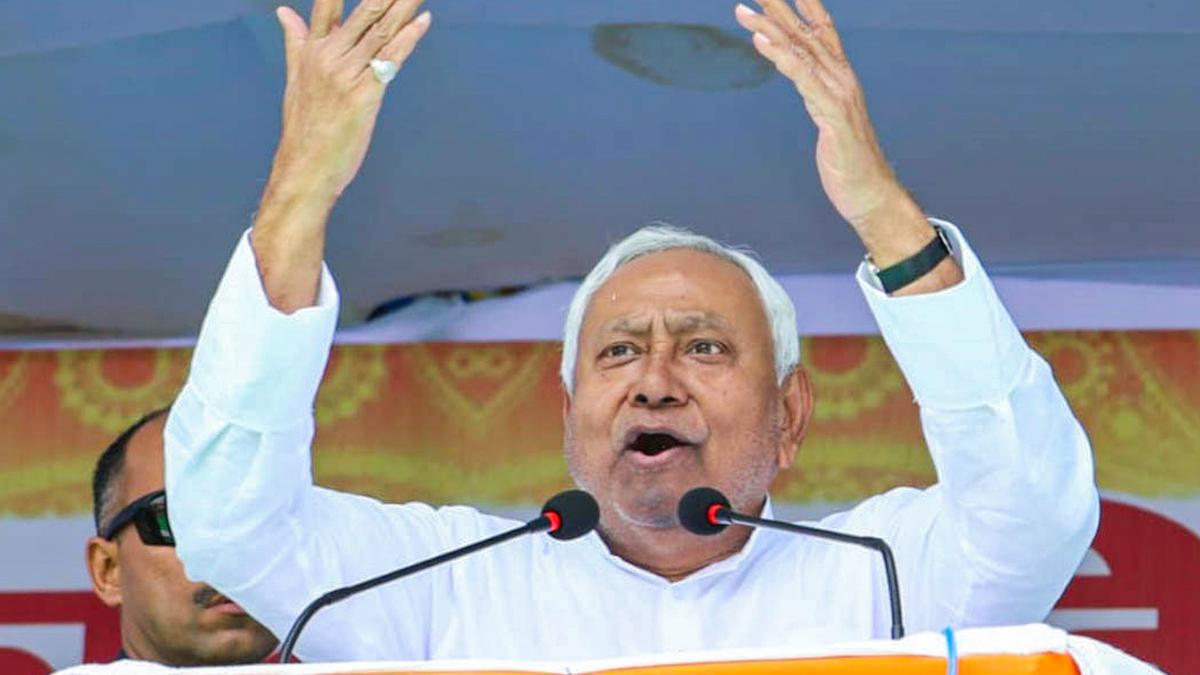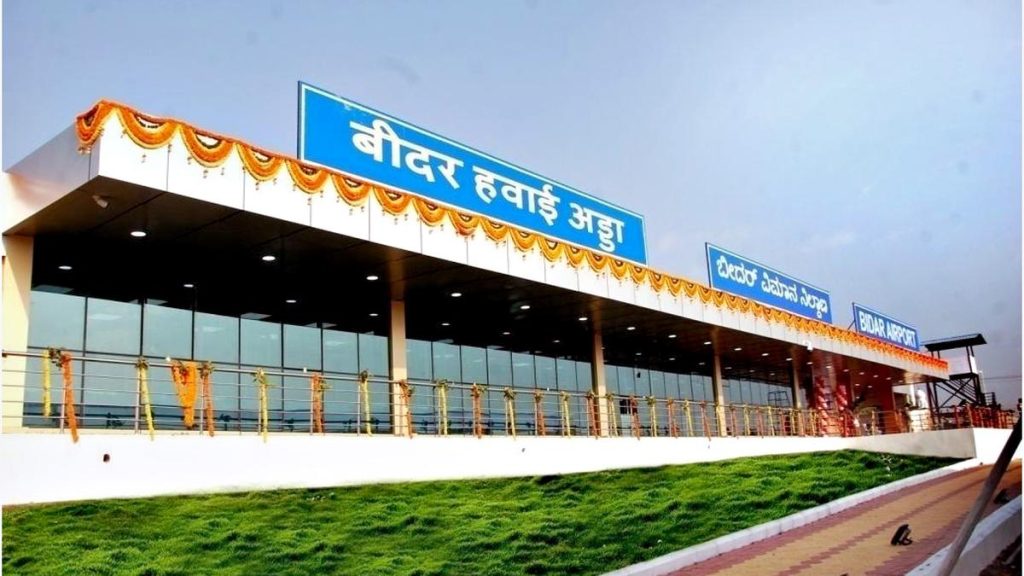Now Reading: Nitish Slashes Preliminary Exam Fee to ₹100 on Independence Day
-
01
Nitish Slashes Preliminary Exam Fee to ₹100 on Independence Day
Nitish Slashes Preliminary Exam Fee to ₹100 on Independence Day

Quick Summary
- Bihar Chief Minister Nitish Kumar announced new measures to create more government job opportunities for youth during his Independence Day address.
- Examination fee for state-level preliminary competitive exams has been reduced to ₹100, and no fee will be charged for the main examinations.
- The decision impacts exams conducted by BPSC, BSSC, BTSC, BPSSC, and CCSB.
- Kumar stated that around 10 lakh youth have already been provided government jobs and plans are in place to provide one crore jobs over five years.
- Women empowerment initiatives:
– started 50% reservation for women in Panchayati Raj institutions (2006) and municipal bodies (2007).
– Provided 35% reservation for women in police roles as 2013 and government jobs from 2016.
- Mentioned efforts toward growth of all communities including Hindus, Muslims, upper castes, backward classes, Dalits, and Mahadalits.
- Government has recognized Madrasas; salaries of Madrasa teachers match those of other government teachers.
- Other announcements include:
– Doubling subsidies/incentives on GST and financial aid for industries providing employment.
– Free land allocation within six months to qualifying industries; special assistance planned for industrial growth.
– Opening seven medical colleges/hospitals across various districts.
- Commended Central Government’s decision on caste-based census; thanked PM Narendra Modi.
Indian Opinion Analysis
The initiatives announced by CM Nitish Kumar suggest a robust push towards creating employment opportunities while reducing financial barriers in state-level recruitment processes. Lowering exam fees aligns with Bihar’s aim to make access to competitive exams more inclusive-potentially promoting larger participation from marginalized sections.
his long-term plan of generating one crore jobs showcases ambition but will require detailed implementation strategies amid economic constraints. Similarly impactful are the industrial development promises like capital subsidies or free land allocation within six months-a move that could stimulate regional economies if executed efficiently.
Women empowerment measures highlight progressive policy continuity but face challenges regarding deeper socioeconomic impact beyond depiction numbers. Notably inclusive gestures toward minorities could foster communal harmony while addressing systemic inequalities.
Kumar’s acknowledgement of rapid overall development alongside appreciation towards the Center’s caste census initiative signals cooperative governance tendencies-a positive outlook as India navigates structural transformations involving demographic data utilization.
Read More:





















